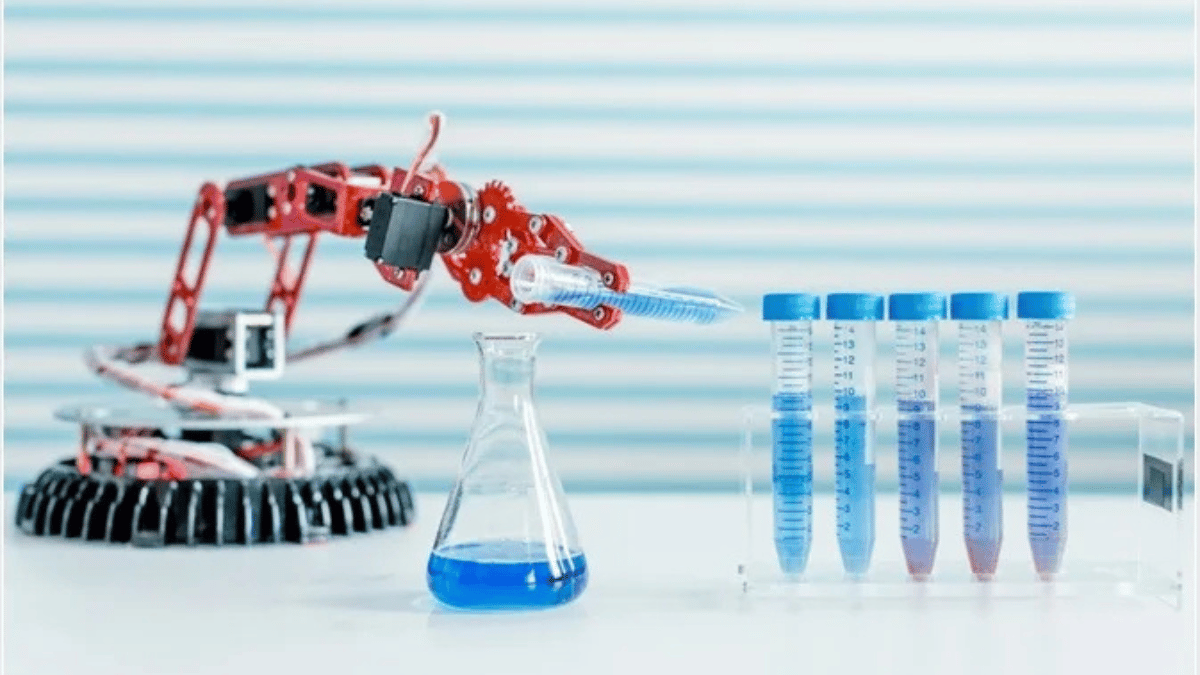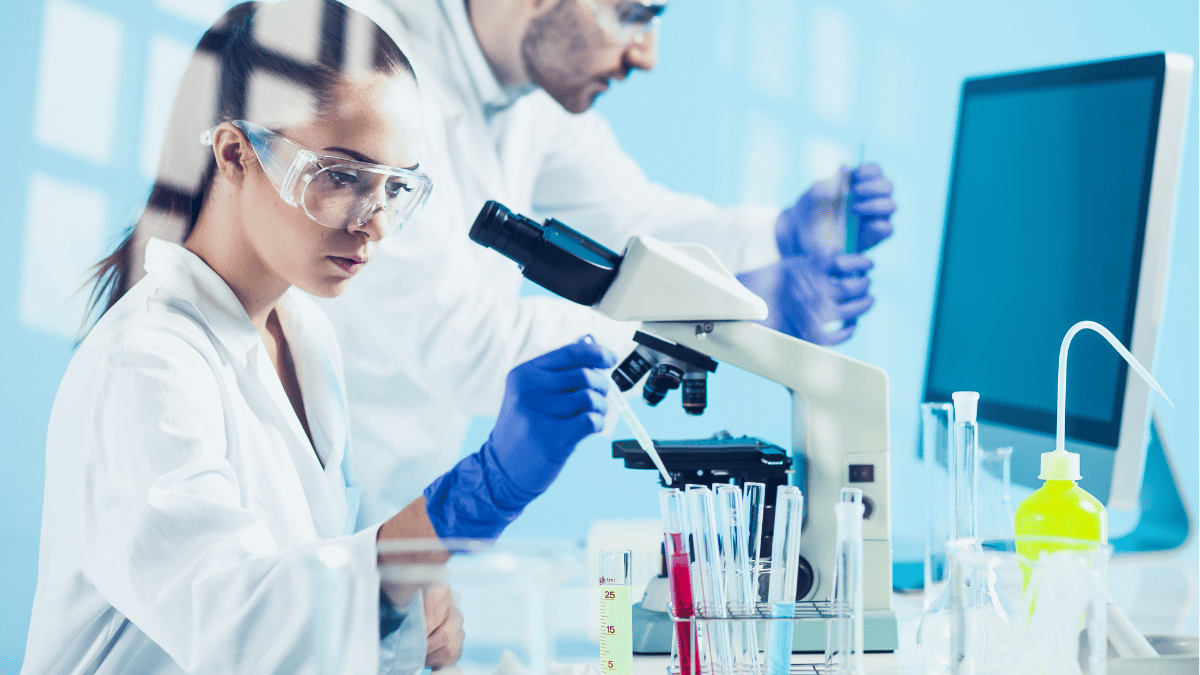From Manual to Machine: How Automation is Transforming Laboratory Workflows

Strong 8k brings an ultra-HD IPTV experience to your living room and your pocket.
Smarter Science Starts Here: The Evolution of Laboratory Automation
In the age of digital transformation, laboratories are no longer limited by manual processes and time-consuming workflows. The push towards faster, more reliable, and reproducible research outcomes has catalyzed a shift towards laboratory automation—a game-changing innovation reshaping diagnostics, drug development, academic research, and clinical testing.
What is Laboratory Automation?
Laboratory automation industry involves the integration of advanced instruments, software, and robotic systems to handle routine lab processes with minimal human intervention. From sample preparation and pipetting to data analysis and reporting, automation enhances accuracy, speeds up throughput, and minimizes human error.
Whether in clinical settings, pharmaceutical R&D, environmental labs, or food testing facilities, automation solutions streamline workflows and improve overall productivity. These systems can range from modular instruments to fully integrated robotic workstations capable of running hundreds of tests per hour.
Why the Demand is Growing
Several critical factors are driving adoption across the globe:
Rising Workload and Sample Volumes: As testing demands grow—especially in clinical labs and life sciences—automated systems are needed to handle high sample volumes efficiently.
Shortage of Skilled Personnel: The limited availability of trained laboratory professionals has prompted many labs to turn to automation to maintain performance and quality standards.
Need for Reproducibility: Scientific rigor relies on data reproducibility. Automation ensures standardized procedures that reduce variability between experiments or tests.
Technological Advancements: Innovations in artificial intelligence, machine learning, and IoT connectivity are making lab automation smarter, more flexible, and more scalable than ever.
Key Applications and Sectors Benefiting
1. Clinical Diagnostics
Clinical laboratories use automation to improve diagnostic accuracy and turnaround time. Automated analyzers, liquid handling systems, and digital tracking of patient samples are revolutionizing how diseases are detected and monitored.
2. Drug Discovery and Development
Pharmaceutical companies depend on high-throughput screening and automated workflows to accelerate drug discovery timelines. Automation enables faster testing of compounds, minimizing the time to market for new drugs.
3. Genomics and Proteomics
Next-generation sequencing (NGS) and other omics technologies benefit significantly from automation. Automated sample prep and analysis enhance both the speed and quality of genomic research.
4. Academic and Research Laboratories
Academic institutions are investing in automation tools to foster reproducible science, reduce manual labor, and train students on modern lab practices.
5. Food and Environmental Testing
Automated testing helps meet stringent safety regulations in food and environmental labs by ensuring consistent sample analysis and traceability.
The Technology Behind It
Modern lab automation systems consist of:
Robotic Arms & Workstations: Handle tasks like plate handling, centrifugation, and incubation.
Liquid Handling Systems: Perform accurate pipetting and reagent mixing.
Integrated Software: Manages workflows, instruments, and data tracking for regulatory compliance.
AI & Machine Learning: Enhance data analysis, anomaly detection, and predictive maintenance.
Challenges and Considerations
Despite its advantages, lab automation comes with some challenges:
High Initial Investment: Installation costs and system integration can be significant for smaller labs.
Training and Maintenance: Personnel must be trained to operate and troubleshoot sophisticated systems.
Data Management: Handling large volumes of data requires robust infrastructure and cybersecurity safeguards.
What the Future Holds
The future of laboratory automation looks promising. With the rise of cloud-based lab management systems, AI-powered analytics, and IoT-enabled instruments, the focus is shifting from simply automating tasks to creating smart labs that can learn, adapt, and self-correct.
Furthermore, customizable automation platforms are emerging to cater to the unique needs of specialized labs—ensuring flexibility without sacrificing performance.
Toward a More Efficient Scientific Ecosystem
Laboratory automation is more than just a convenience—it's becoming a necessity in the modern scientific landscape. As research demands intensify and precision becomes paramount, automation offers a sustainable solution to maintain quality and productivity.
Whether you're in clinical diagnostics, biotechnology, or environmental testing, the shift towards automation is not just inevitable—it's already underway. Embracing it means paving the way for faster discoveries, better outcomes, and a more efficient future.
Note: IndiBlogHub features both user-submitted and editorial content. We do not verify third-party contributions. Read our Disclaimer and Privacy Policyfor details.







